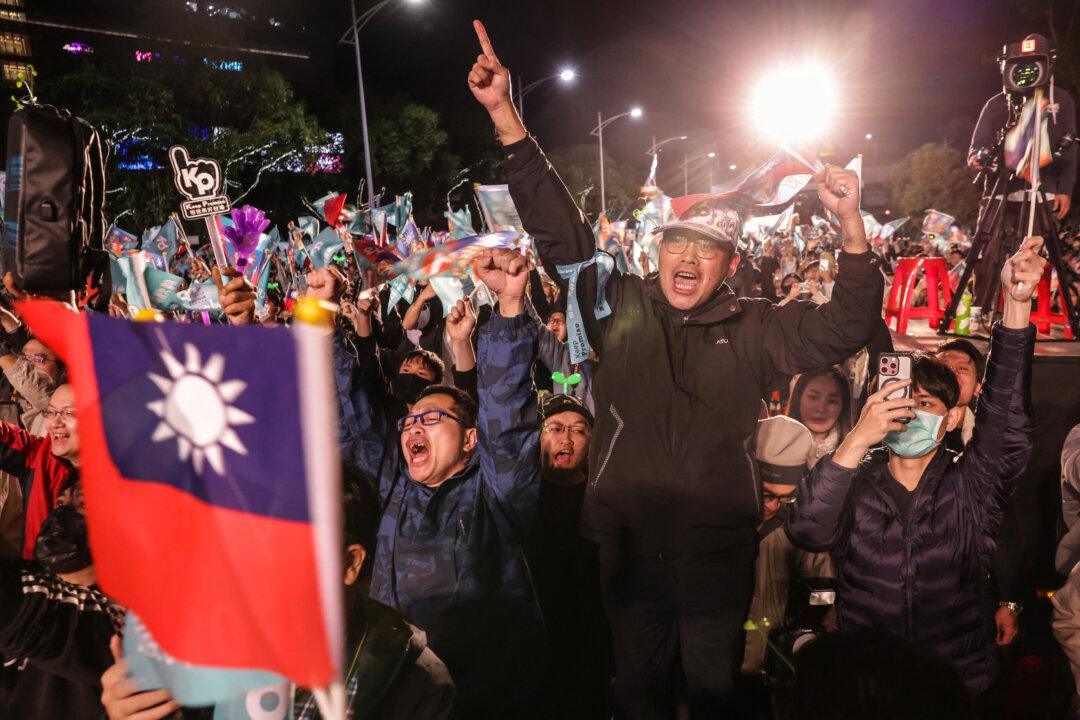The United States and other democracies around the world on Saturday offered congratulations to Taiwan, after Vice President Lai Ching-te won the presidential election amid pressures from Beijing.
“The United States congratulates Dr. Lai Ching-te on his victory in Taiwan’s presidential election. We also congratulate the Taiwan people for once again demonstrating the strength of their robust democratic system and electoral process,” Secretary of State Antony Blinken said in a statement issued shortly after Mr. Lai delivered his victory speech.




